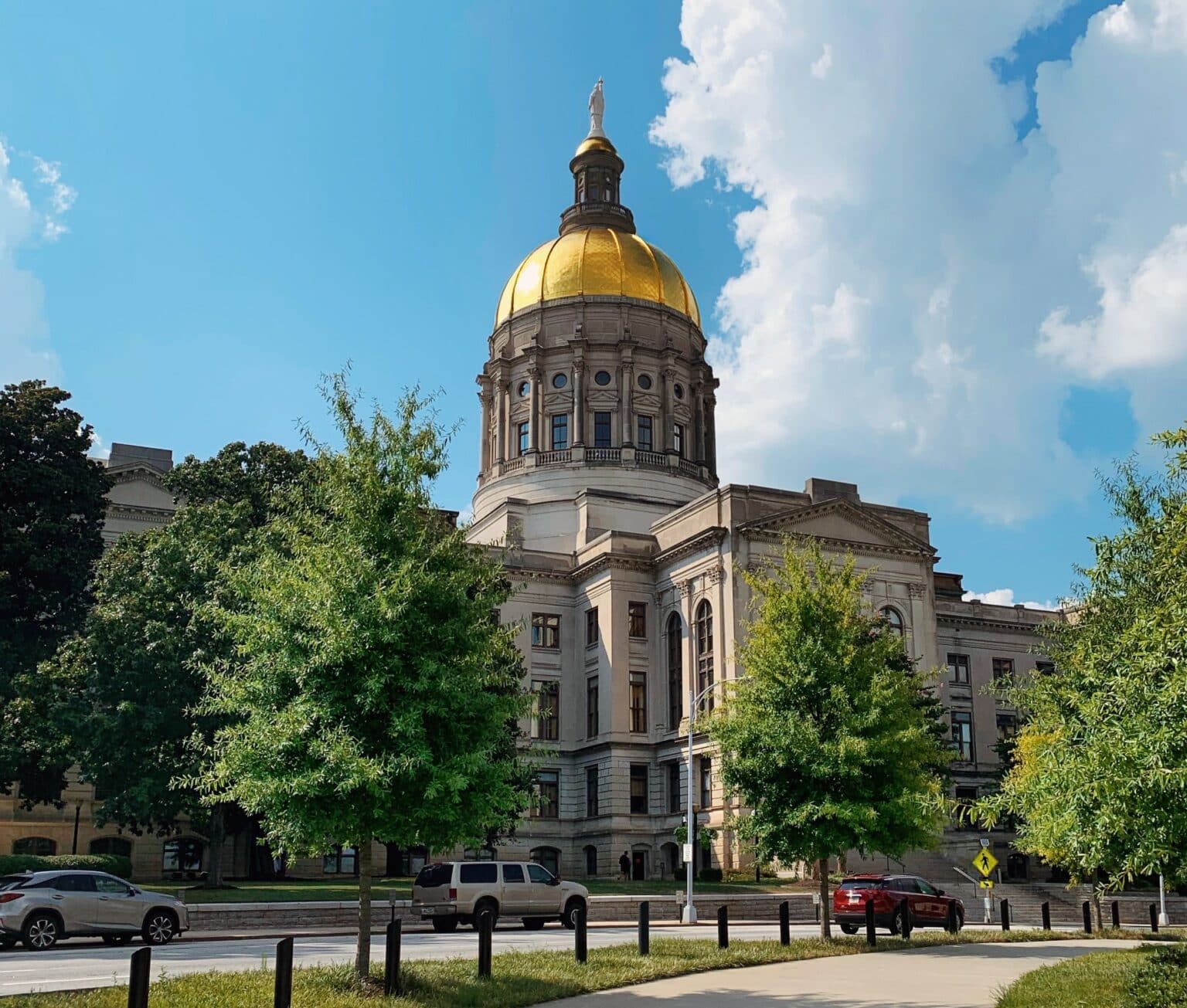A special grand jury that investigated whether former President Trump and his allies illegally interfered in the 2020 election in Georgia heard audio of Trump pressing the state’s House Speaker to overturn his loss, the Atlanta Journal Constitution reported Wednesday.
In an interview with the AJC, five of the 23 grand jurors, remaining anonymous, recounted hearing a recording of a phone call Trump placed to late Georgia House Speaker David Ralston to convene a special session of the state legislature to overturn President Biden’s victory in the state.
According to one juror, the Speaker “basically cut the President off. He said, ‘I will do everything in my power that I think is appropriate.’…He just basically took the wind out of the sails.” The juror added that essentially all Trump could say in reply was, “Well, thank you.”
Ralston, who died in November 2022, did not do as the then-President requested to convene a special session in the weeks after the November 2020 election.
The Ralston phone call is the second known call that Trump made to a Georgia state official to pressure overturning the election results. The then-President called Georgia Secretary of State Brad Raffensperger on January 2, 2021 and pressured his fellow Republican, who recorded the call.
During their discourse Trump said, “I just want to find 11,780 votes, which is one more than we have.”
It was the Raffensperger phone call that motivated Fulton County District Attorney Fani Willis to open the investigation. In January, she told Superior Court Judge Robert McBurney that a decision to bring any criminal charges was “imminent.”
McBurney released part of the grand jury’s report a few weeks later, on February 16. The six-page summary revealed that jurors had found no widespread fraud during the 2020 election—contradicting Trump’s claims. It also found jurors believed that at least some unnamed witnesses who testified in the inquiry may have committed perjury and should face indictment.
And while the preliminary report did not detail whether the grand jury recommended specific criminal indictments, the grand jury’s forewoman, Emily Kohrs, has since come out publicly and said that the jury did indeed recommend multiple indictments in the case, though she did not specify individuals by name, either.
The special grand jury was seated in May. It heard from about 75 witnesses and considered other evidence before wrapping up its work in December. The jury did not have the authority to issue indictments but instead made recommendations for Willis.
In her prosecution of Trump and his allies, Willis reportedly focused on several areas: the phone calls made to Georgia officials by Trump and his allies; false statements made by Trump associates before Georgia legislative committees; a panel of 16 Republicans who signed a certificate falsely stating that Trump had won the state and that they were the state’s “duly elected and qualified” electors; the abrupt resignation of the U.S. attorney in Atlanta in January 2021; alleged attempts to pressure a Fulton County election worker; and breaches of election equipment in a rural south Georgia county.


